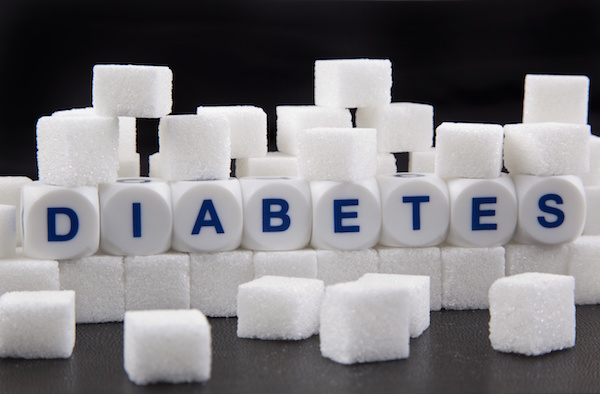
(HealthDay News) — Type 2 diabetes occurs when people can’t properly convert food to energy that the body’s cells can use.
Food is broken down into a blood sugar called glucose. Then a pancreatic hormone called insulin is supposed to convert glucose to energy.
When this process doesn’t work correctly, too much glucose builds up in the blood, and the individual cells become starved for energy. And over time, high blood glucose can lead to serious complications, such as heart and kidney disease, stroke or blindness.
The National Diabetes Information Clearinghouse mentions these potential risk factors for type 2 diabetes:
- Being overweight.
- Having a family history of diabetes or cardiovascular disease.
- Having high blood pressure or high cholesterol.
- Having pre-diabetes.
- Being of Asian, African, Pacific Island, American Indian, Alaskan or Hispanic descent.
- Being 60 or older.
- Having had gestational diabetes while pregnant.
- Exercising fewer than three times per week.

